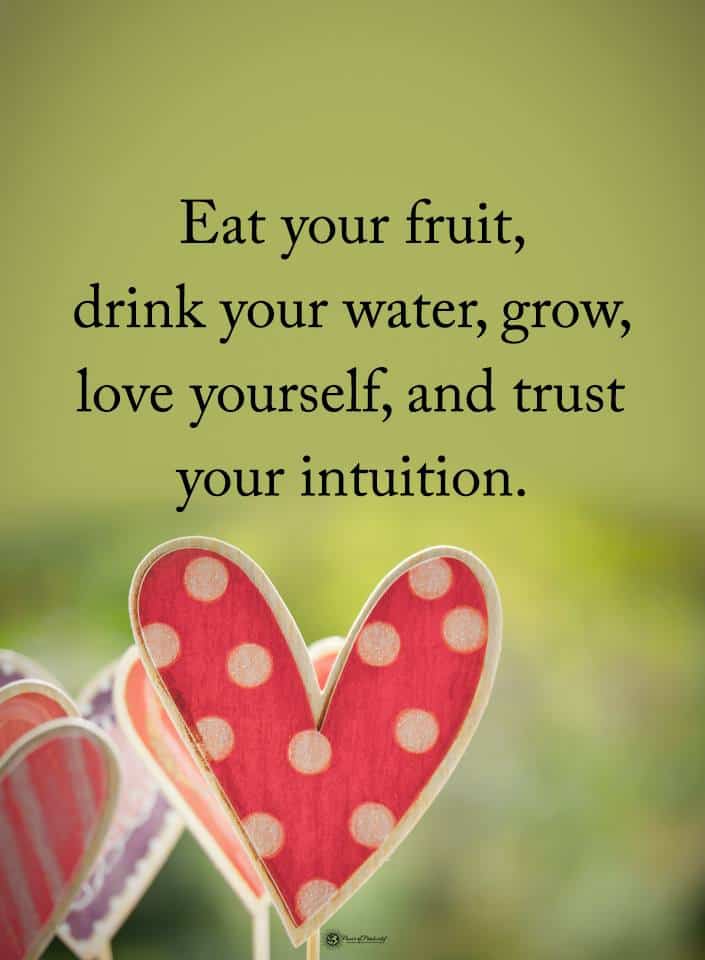Health-minded people know that excellent nutrition is the key to perfect health. When we pay attention to how we nourish our bodies, we reap the benefits of a non-medicinal pharmacy to treat. Indeed, some people can successfully reverse their health challenges through a healthy digestive system. The digestive system is responsible for so much of our overall health and well-being.
This includes our mental, emotional and physical health. Let’s look at seven signs that you need to reset your digestive system.
7 Signs You Need to Reset Your Digestive System
1. Belching, gas, or bloated stomach
You need to reset your digestive system if you are experiencing a lot of belching, digestive gas, or your stomach feels distended. Excess air in your gut can be a sign of numerous health problems.
Irritable Bowel Syndrome (IBS), Chrohn’s disease, acid reflux, leaky gut, Small Intestine Bacterial Overgrowth (SIBO), and other diseases are chronic inflammation health problems that can severely affect your quality of life.
Medications can treat the symptoms of these illnesses. But it would help if you aimed to fix the root cause. Treating your health by resetting your digestive system is pretty easy. So be sure to focus your diet on eating sources of soluble fiber, prebiotics, and probiotics. Moreover, you should avoid foods that you know will cause your symptoms to emerge.
2. You can’t lose weight around your stomach
Even if you exercise an hour a day of aerobics and pair that with some serious abdominal exercises and are still unable to lose weight around your gut, it’s a sign you need to reset your digestive system.
The excess fat around your stomach can reveal an inflammatory illness. Fortunately for you, ridding yourself of that extra fat may be as easy as resetting your digestive system.
3. You have an inflammatory or autoimmune disease
An unhealthy digestive system, like leaky gut disease, can cause the immune system to go overdrive. According to Dr. Jill Carnahan, this immune response can contribute to a massive list of conditions. These include ‘lupus, alopecia areata, rheumatoid arthritis, polymyalgia rheumatic, multiple sclerosis, fibromyalgia, chronic fatigue syndrome, Sjogren’s syndrome, vitiligo, thyroiditis, vasculitis, Crohn’s disease, ulcerative colitis, urticaria (hives), type 1 diabetes and Raynaud’s syndrome.’ Healing from these diseases involves healing the digestive system by resetting it.
4. You are feeling off lately
From your mood to your brain, your stomach and digestive health have a lot to do with more than your physical health.
Mental and emotional health is also affected by your digestive system. If you’ve been feeling or thinking off lately, it’s a good sign that you need to reset your digestive system. According to mindbodygreen.com, ‘95% of serotonin, your key mood-regulating neurotransmitter, is located in your gut.’ Inflammation in your stomach can also contribute to mental fog.
5. You feel better when you eat soluble fiber
A study in the American Journal of Gastroenterology found that subjects who ate a diet of soluble fiber had reduced symptoms of Irritable Bowel Syndrome (gas, stomach pain, changes in bowel movements, pain before bowel movements).
Feeling relief from your digestive symptoms after you eat soluble fiber means that the fiber is helping to reset your digestive system. Foods like passion fruit, avocado, Brussels sprouts, fig, orange, sweet potato, asparagus, turnip, edamame, broccoli, pear, and other fruits and legumes are excellent sources of soluble fiber.
6. You feel better when you eat prebiotics
Probiotics were the first to become more well-known among healthy eaters, but prebiotics may be just as important. Prebiotics’ role is nourishing the beneficial gut bacteria that can then help reset your digestive system.
Medicinenet.com says that prebiotic sources include ‘asparagus, artichoke, bamboo shoots, banana, barley, chicory, leeks, garlic, honey, lentils, milk, mustards, onion, rye, soybean, sugar beet, sugarcane juice, tomato, and wheat.’ If you notice less gas and bloating after eating these foods, it’s a sign that these foods are helping you reset your digestive system.
7. You feel better when you eat probiotics
In a study of digestive health and probiotics, researchers said, ‘Our understanding of the intestinal microbiota and its full consequences on gastrointestinal health is still evolving. However, it is well accepted that altered colonic flora drives the pathogenesis of many disorders and diseases.’ The colonic flora of the gut is the beneficial bacteria that help break down food.
Researchers say that poor bacteria levels are now implicated in irritable bowel syndrome and inflammatory bowel diseases. Fortunately, taking probiotics, like fermented foods, yogurt, or kefir, is a huge help.
‘Probiotics and prebiotics are evolving treatment options targeted at restoring nonpathogenic digestive flora. There has been great interest in the role of these therapies in the treatment of many diseases, including childhood diarrhea, antibiotic-associated diarrhea, Clostridium difficile infection, irritable bowel syndrome, and inflammatory bowel disease.’










